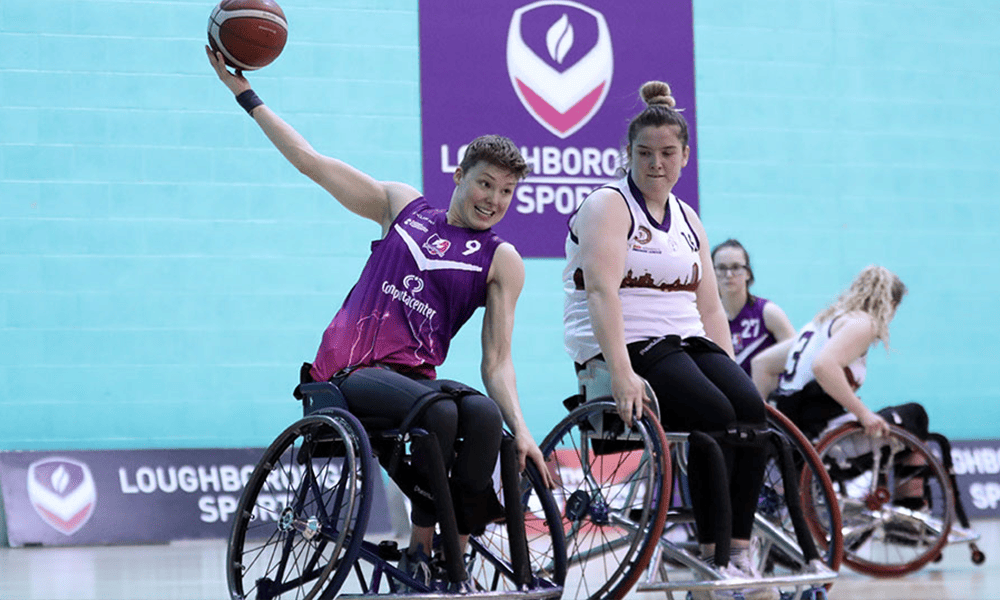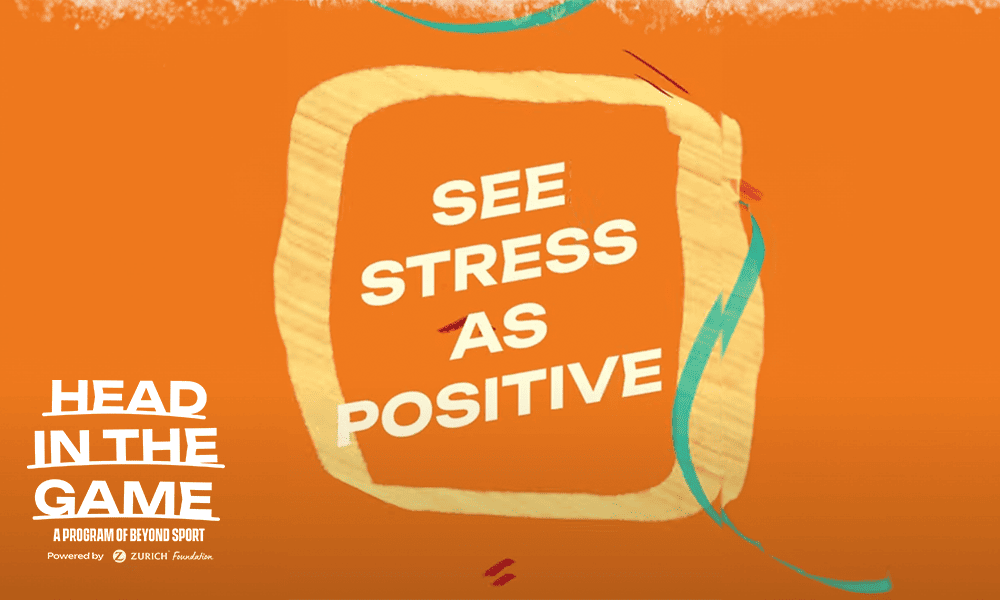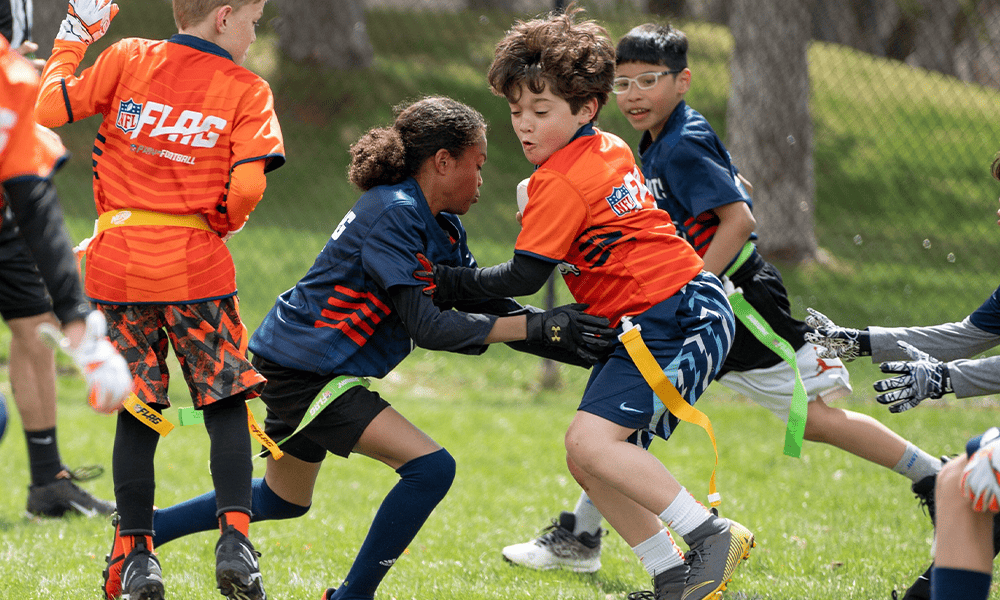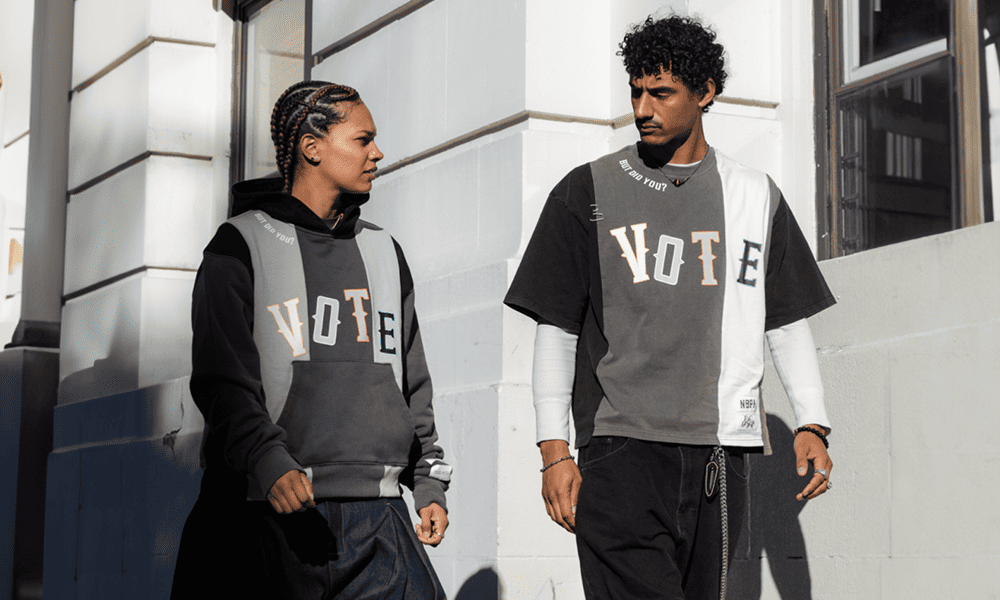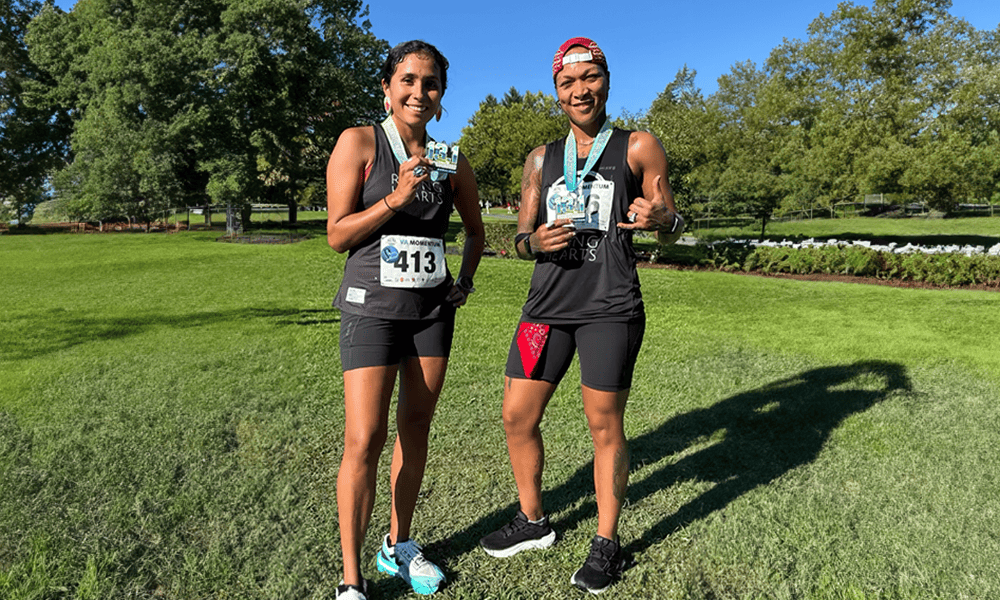October 4, 2024
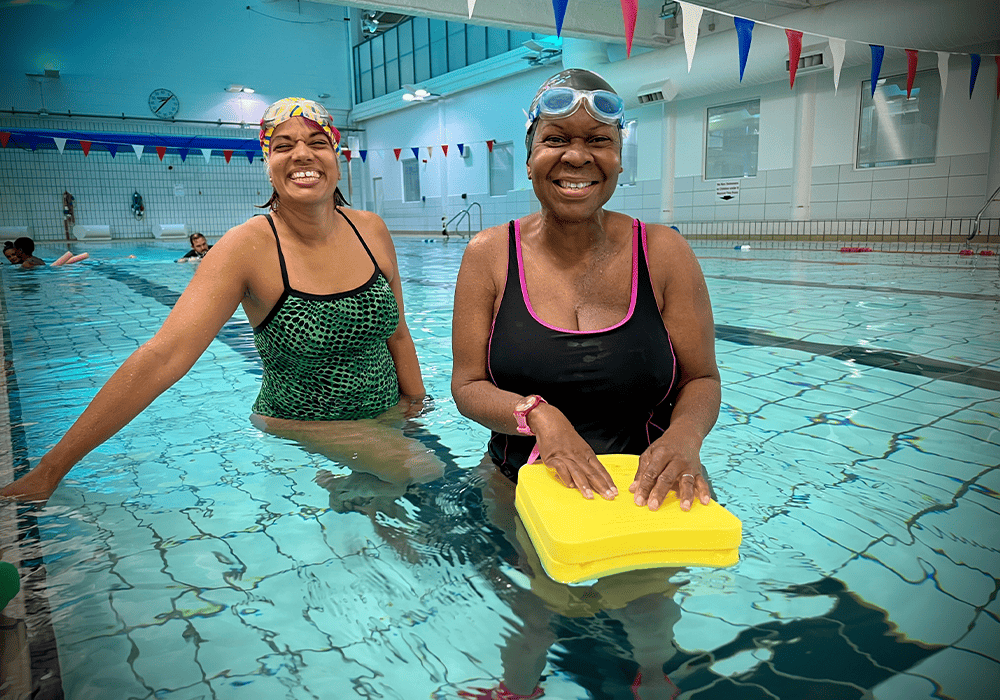
In August, we announced the five inaugural recipients of the new annual Ignite365 Awards as part of the Olympism365 Innovation Hub—a collaboration between the International Olympic Committee, Beyond Sport and Women Win. Each of the five is advancing the UN Sustainable Development Goals (SDGs) in unique ways and will receive an initial grant of $10,000 to support their projects.
Today, meet WeSwim, a London-based organization that provides people with disabilities the opportunity to be active and create personal connections through its swimming clubs. It focuses on the mental, physical and social benefits of community-led clubs by supporting existing swimming clubs and launching new clubs in areas of need. Volunteer instructors offer personalized support, teaching participants to swim, perform physiotherapy exercises or build their confidence in the water. Its Ignite365 Award-winning program encompasses a community-centric, volunteer-driven approach that ensures disabled people have sustainable and inclusive access to physical activity.
We spoke to Director Natasha Fleming on the inception of WeSwim’s community-owned approach, the importance of disability inclusion and the future of the club’s work.
What is WeSwim’s programming and what makes it unique?
Our mission is to provide dedicated activity sessions for adults with disabilities in swimming pools across London. Led by friendly volunteers, it’s a safe space for members to be sociable, build confidence and become more active.
What makes us unique is our commitment to providing one-on-one volunteer support in the water, a feature that sets us apart from other volunteer-led sports clubs. This individualized attention allows for meaningful conversations, making participants feel both heard and supported. While events like seizures or falls may seem daunting to those unfamiliar, many disabled individuals live with these realities daily and they shouldn’t be excluded from opportunities as a result.
Our approach is about inclusion—bringing people with disabilities into the community rather than separating them. By fostering an environment of understanding and support, we ensure that everyone, regardless of their ability, can participate and feel a sense of belonging.
Why is it important for WeSwim to focus on increasing swimming opportunities for people with disabilities?
People with disabilities encounter numerous barriers in their daily lives and one of the most significant is access to exercise. But mainstream fitness options can feel out of reach—whether due to inaccessible equipment or a lack of inclusive clubs and spaces. However, swimming offers a unique opportunity. The buoyancy of the water helps support people with physical disabilities. In the pool, they can work on fitness, endurance and new skills without the same physical strain. It allows them to experience the same sense of achievement and growth that others find in different areas of fitness. But beyond the physical benefits, it’s the sense of community that makes a real difference.
We offer a space where people feel heard and accepted, where disabilities do not define individuals, but are just one part of who they are. The community fosters connection, helping to combat loneliness and providing emotional support for those struggling with the challenges of everyday life. WeSwim has built a network where people can rely on each other, creating an environment of belonging and shared support.
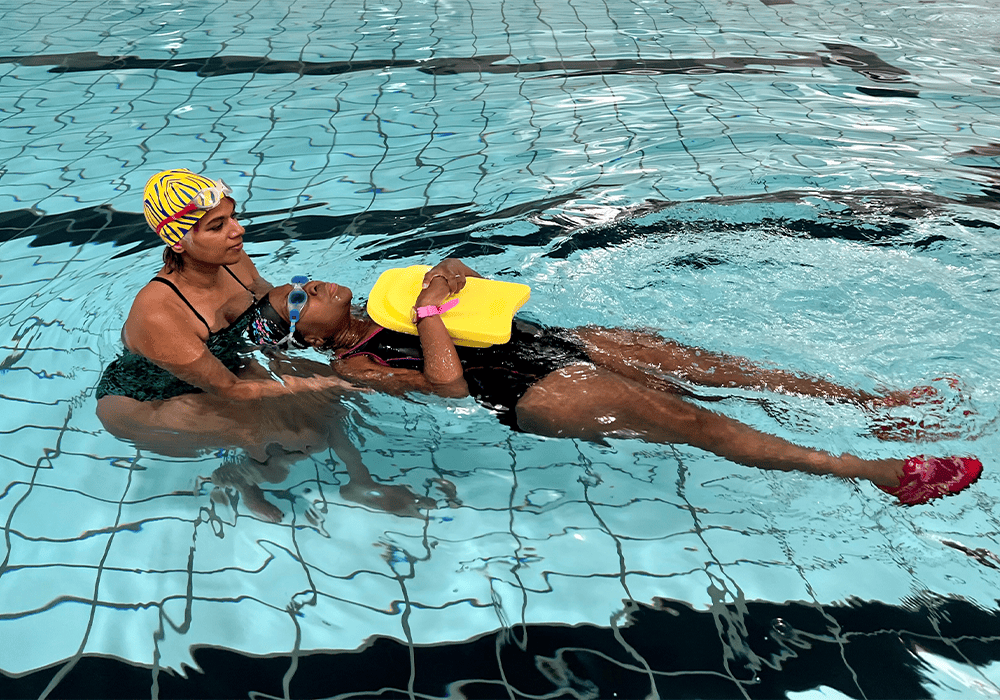
What other challenges do people with disabilities face in London that you’re trying to address?
Finding accessible fitness facilities is just the beginning of the challenge. Disabled individuals often face additional hurdles such as transportation difficulties, high costs, limited information about available programs and the physical toll of managing pain to even get there. These factors can make it harder to participate in regular exercise and as a result. 42% of disabled people do less than 30 minutes of exercise per week, compared to 23% of our non-disabled counterparts.
Because disabled people are less likely to be employed (only 54% disabled people are employed compared with 82% non-disabled employed), they may struggle with lower confidence, have fewer social opportunities and experience greater isolation and financial struggles. Another significant issue is loneliness, with 15% of disabled people reporting feelings of isolation, compared to only 4% of non-disabled individuals. This then leads to a higher risk of experiencing stress, anxiety and depression. By providing an inclusive and supportive environment, we aim to boost confidence, reduce anxiety and enhance overall happiness and mental health.
Where did your community-owned approach come from?
I spent 10 years volunteering at a swimming club for people with disabilities. Inspired by the strong sense of community and the emphasis on equality, me and another volunteer launched WeSwim to reach more communities across London. Since opening our first club three years ago, we’ve grown to include five clubs across the city.
The program’s success stems from its focus on addressing one of the biggest challenges many disabled participants face: confidence in the water. To help with this, WeSwim offers one-on-one support, a resource-intensive commitment that plays a vital role in creating a safe and encouraging environment. What makes this model sustainable is the support of a large, diverse volunteer base that includes young professionals and an eager retiree population. This blend of generations, backgrounds and cultures creates an inclusive atmosphere that benefits swimmers and volunteers.
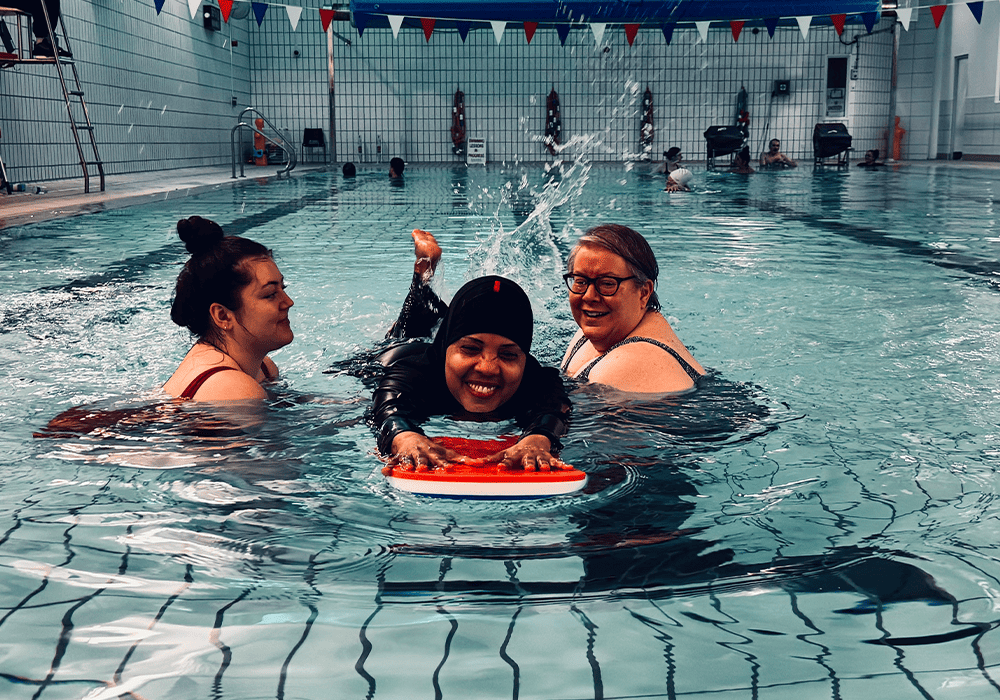
What is the future for WeSwim?
We are eager to expand our organization and establish accessible swimming clubs throughout England. While there are a few disability swim clubs, demand far exceeds what is available. One of the greatest challenges for people with disabilities is travel, with unreliable public transport systems (e.g., broken lifts in tube stations) and the physical strain of navigating long distances, often in adverse weather conditions. By expanding our network, we can significantly reduce these barriers, offering more local options and minimizing the impact of transportation issues.
What does being selected by the Olympism365 Innovation Hub mean to your organization?
It’s amazing to feel part of the Olympics in even the tiniest way and sit on a global platform. We are excited to benefit from the Olympism365 Innovation Hub and learn from others. The funding will support our expansion plans in London and help develop a sustainable growth model for future expansion across the country.
__________________________________________________________________________________
The Olympism365 Innovation Hub is currently accepting applications for the Collective365 funding opportunity through October 31. NGOs, complementary development sectors (health, education, environmental, humanitarian), public sector and research, policy and training institutions are encouraged to learn more and apply here.
